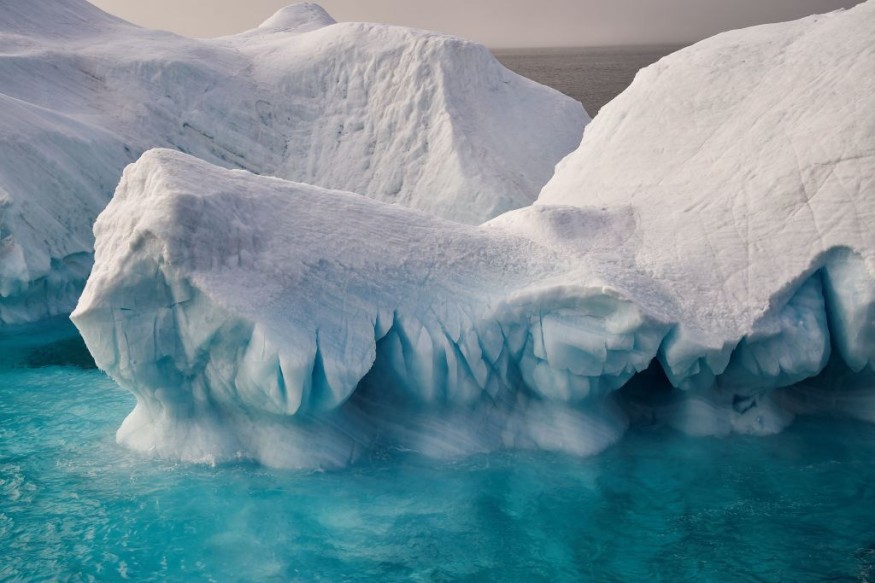The lowest sea ice level in Antarctica was recorded for the first time since measurements started 40 years ago. This indicates the continuance of melting glaciers and ice sheets in the planet's ice continent. Scientists are concerned since it would contribute to the ongoing global sea-level rise.
Attributed to climate change, scientists still emphasized the necessity to decrease the emission of greenhouse gases. The melting Arctic sea ice contributes to the narrative of the evident signs of global warming.
Lowest Sea Ice Level Recorded in Four Decades

The National Snow and Ice Data Center (NSIDC) issued preliminary data showing the year 2022 recorded the lowest sea ice level in Antarctica since measures started four decades ago. The latest record shows the continuance of extreme glaciers and ice sheets of southern Earth's ice continent.
Based on the preliminary data, the current sea ice level dropped from 2,097,890 square kilometers (810,000 square miles) to 1,981,340 square kilometers (765,000 square miles). NSIDC scientists estimated the Arctic sea ice is melting three times faster now compared to the 1990s.
Furthermore, the scientists also said the decreasing Antarctica sea ice is significantly contributing to the global sea-level rise-accelerated by the global heating effects of climate change and global warming. However, the scientists have not yet linked that climate change is the cause of what the new data yielded.
Global Sea-Level Rise
The new record of the lowest sea ice level that Antarctica incurred will evidently contribute to the global sea-level rise. The global phenomena will mostly affect the coastal areas of mainland countries first. Over the past century, there have been several indications of this phenomenon.
In the United States, the National Oceanic and Atmospheric Administration (NOAA) projected that sea levels surrounding the country will increase by 10 to 12 inches (25 to 30 centimeters) by 2050, as per Reuters. The NOAA estimated sea-level rise in shores near the Atlantic and Gulf will be greater.
Global sea-level rise has been attributed to human-driven emission of greenhouse gases. A related study on this topic was recently published in Nature Communications. The study discovered that the global phenomenon started in 1863-aligned within the era of the Industrial Revolution or Industrial Age.
Emission of Greenhouse Gases
Skepticism on the existence of global warming due to the emission of greenhouse gases still remains. Yet, there is already a multitude of studies that proves it otherwise. Based on the NSIDC preliminary data, scientists still suggest curbing global warming by decreasing the emission of these gases is necessary.
Since the start of industrialization, the emission of greenhouse gases has increased the so-called natural process of the greenhouse effect-which traps these gases that retain heat from sunlight in the atmosphere. In turn, this process causes global warming.
Regardless of our knowledge on the climate topic, challenges still remain to shy away from an industrial-based economy despite the existing worldwide protocol against climate change under the Paris Agreement or the Paris Climate Accords. Its members consist of most countries of the world.
Related article : Modern Sea-Level Rise Started in 1863: New Study
© 2025 NatureWorldNews.com All rights reserved. Do not reproduce without permission.





